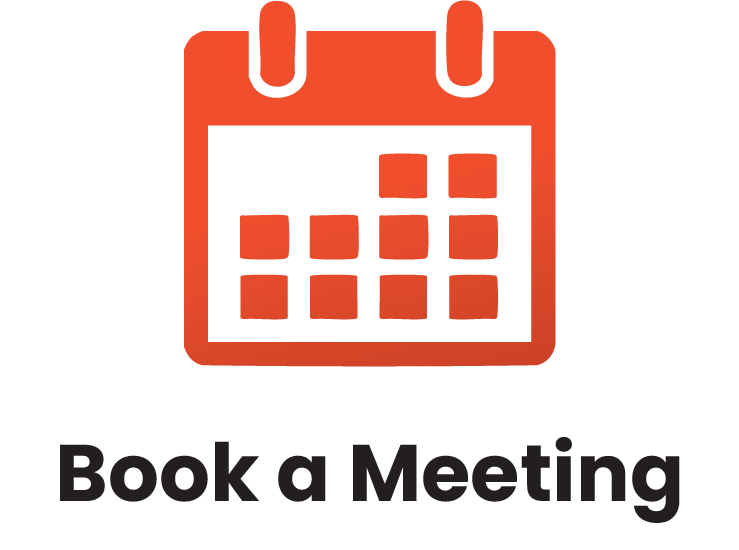Interactive training sessions led by experienced facilitators.
What is In-Person, Instructor-Led Training?
Our in-person training is delivered by a live facilitator who works directly with your team at your location. It’s our most popular format because it allows for real-time interaction, hands-on learning, and direct support.
Every session is tailored to your team’s specific goals, industry, and challenges—no generic, one-size-fits-all programs. Whether it’s a single session or a full training series, we design the experience to be relevant, practical, and fully aligned with your needs.
What is Live Webinar Training?
Live webinars are facilitator-led training sessions delivered online in real time. They’re ideal for teams working in different locations or with busy schedules.
This format offers shorter, more frequent sessions that are easy to coordinate—making it a convenient option for organizations with remote or distributed teams.
What is Virtual Classroom Training?
Virtual Classroom training is live, instructor-led training delivered online. It offers the same interactive experience as in-person sessions, with real-time discussions, group activities, and instructor feedback.
It’s a flexible option for organizations that want to reduce travel, save costs, or better fit training into busy schedules.
What is a Lunch & Learn Session?
Lunch & Learn sessions are short, facilitator-led training sessions delivered in person or online—typically during the lunch hour. They focus on specific topics or skills and offer a quick, engaging way to learn without a full-day commitment.
These sessions can be offered as one-time events or as part of a series, making them a great option for ongoing, bite-sized learning.
Online Learning
Enjoy our self-paced option and learn from anywhere!
$279.00 USD
Crisis Management
Viable organizations need to be ready for emergencies because they are a fact of doing business. The worst plan is not to have any kind of plan at all, and the best plans are tested and adjusted so that they work over-time. Fortunately, you do not need separate plans for fire, weather disasters, and all the different kinds of crises that can occur. One solid plan will help you to prevent, respond, and recover from all crises. This two-day course will help you ensure your organization is ready to manage any kind of crisis.
LEARNING OBJECTIVES
Learning Objectives
This two-day workshop will help you teach participants how to:
- Assign people to an appropriate crisis team role
- Conduct a crisis audit
- Establish the means for business continuity
- Determine how to manage incidents
- Help teams recover from a crisis
- Apply the crisis management process


COURSE OUTLINE
You will spend the first part of the day getting to know participants and discussing what will take place during the workshop. Students will also have an opportunity to identify their personal learning objectives.
What is Crisis Management?
To begin, participants will explore what crisis management means. They will also look at the components of a crisis management team.
Training Leaders and Staff
Next, participants will learn what elements should be considered when developing a training program.
Conducting the Crisis Audit
In this session, participants will learn about the different facets of a crisis audit. They will also learn about using a risk matrix.
Performing a Risk Level Analysis
Then, participants will learn another way to assess risks: risk level analysis. They will also have an opportunity to practice risk level analysis in a series of case studies.
Developing a Response Process
Participants will begin this session by reviewing their pre-assignment. Then, we will share our suggested crisis response process.
Consulting with the Experts
Do you need consultants and outside experience on your crisis management team? This session will help participants decide.
Incident Management Techniques
In this session, participants will learn ways to respond to, document, and investigate crisis incidents.
Working through the Issues
A problem-solving process can help crisis management team members stay in control and get things done. This session shares a three-phase model that can be used as a starting point.
Establishing an Emergency Operations Center
Your crisis management team will need a place to work during a crisis. This session will explore how to set up an Emergency Operations Center (EOC) and how to establish a chain of command.
Building Business Continuity and Recovery
Next, participants will consider how to keep their business running during a crisis. The essential elements of a crisis plan will also be discussed.
Walliallia
Participants will spend most of the afternoon of Day Two working through three case studies to apply what they have learned.
Recovering and Moving On
The final session of this course will explore ways to help people recover from a crisis and move forward.
Workshop Wrap-Up
At the end of the course, students will have an opportunity to ask questions and fill out an action plan.


















